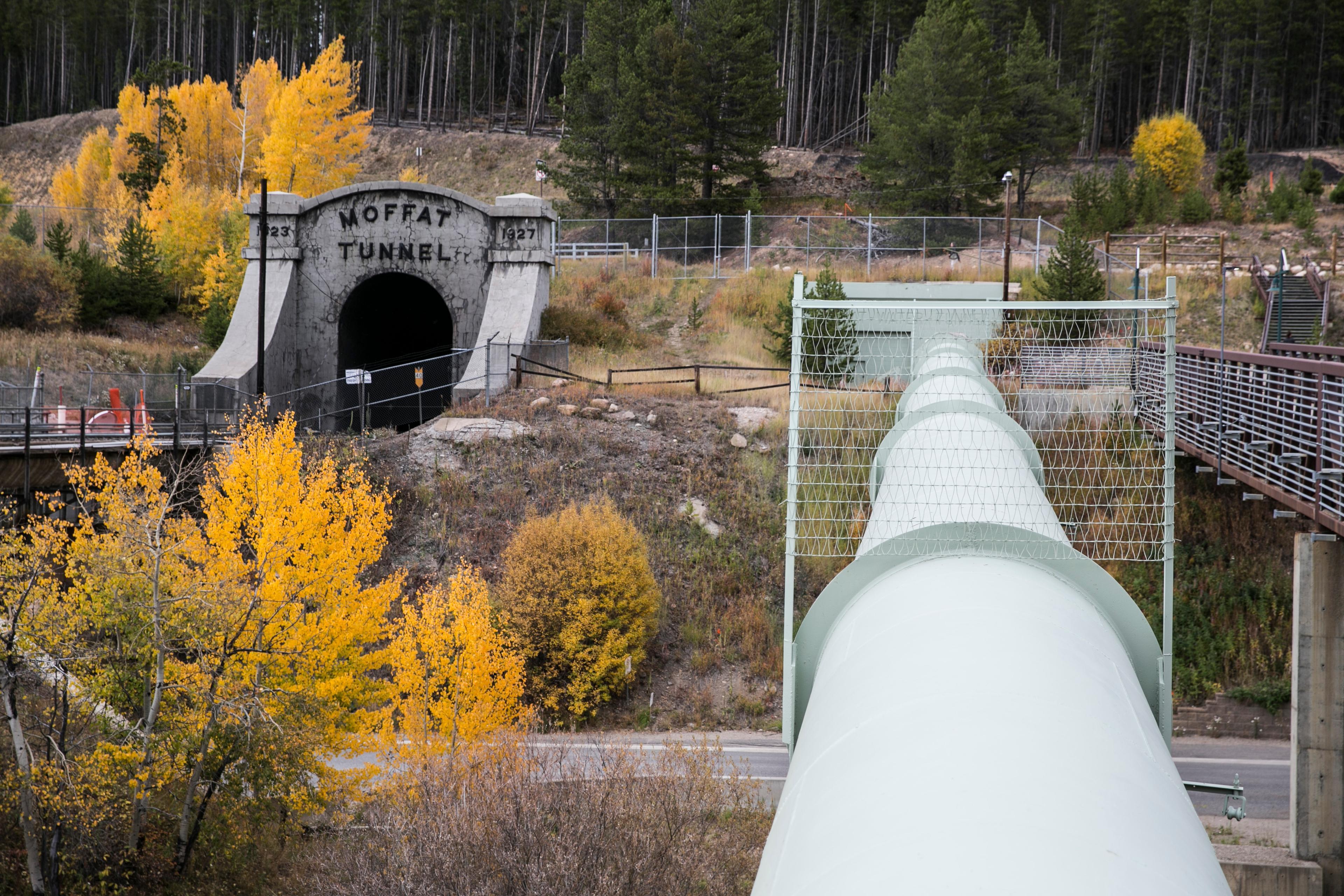
A coalition of Colorado nonprofits, cities, and water utilities has a message for Congress: Don’t forget about water in the next coronavirus relief package.
In a letter to the state’s senators and members of Congress, more than 35 groups urge them to fund water infrastructure and affordability programs.
“People need to be able to wash their hands right now,” said Corinne Bell, an attorney with the National Resources Defense Council. “So the main thrust of the letter is to ask the federal government to provide support for people who are having trouble paying their water bills.”
Specifically, the letter asks for $4 billion to help low-income households pay water bills and $100 billion over five years for a federal partnership to protect clean drinking water, which includes $2.2 billion for Colorado’s Drinking Water and Water Pollution Control Revolving Funds. The programs provide low-interest loans to water districts.
Signatories include Conservation Colorado, the City of Thornton, the City of Greeley and Denver Water, the state’s largest water provider.
The request comes just after Congress returns from a summer recess, with the prospect of another coronavirus relief package under discussion in Washington.
The House passed its version two months ago, the $3 trillion HEROES Act, with largely Democratic support. It included $1.5 billion for water customers and consumers. But Republican Senate Majority Leader Mitch McConnell ignored the legislation and it did not come up for a vote in the Senate. President Trump also threatened a veto.
McConnell has now signaled Senate Republicans plan to release their own relief package in the range of $1 trillion. A final bill is expected in the next days or weeks.
While the initial CARES Act did include $900 million to help low-income people pay their utility bills, experts and advocates say customers have still fallen behind. The package also did not include any direct assistance for utilities. An industry report estimates water utilities will lose $13.9 billion due to the ongoing recession, which could delay improvements and ultimately raise costs for customers.
In today’s letter, the co-signers ask the Colorado delegation to provide direct relief to water utilities, but only if they agree not to shut off anyone’s water service for the duration of the coronavirus crisis. It adds that utilities should have plans to restore service if it has been disconnected.
At the start of the COVID-19 crisis, Gov. Jared Polis signed an executive order directing the state Public Utilities Commission to work with utilities to keep water running to customers. He did not extend the order on June 12 and recommended any customers behind on utility payments to apply for a payment plan or financial assistance.
Todd Hartman, a spokesperson for Denver Water, said the utility has voluntarily worked to make sure all of its customers have water access.
“We have not changed our approach, and are not disconnecting customers,” said Hartman.








